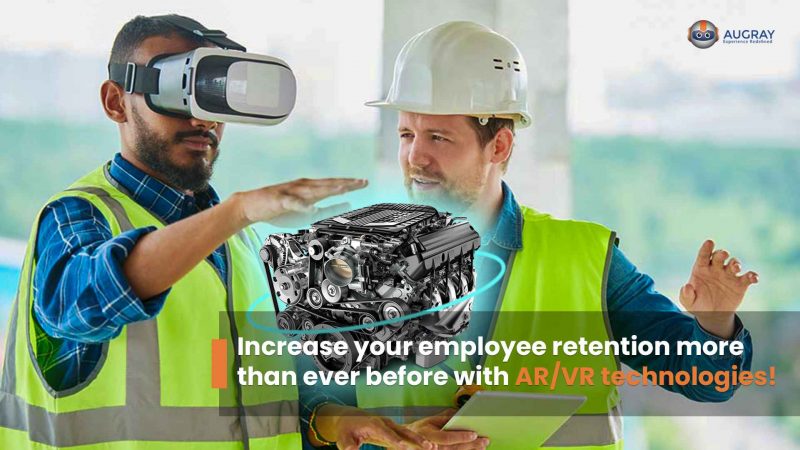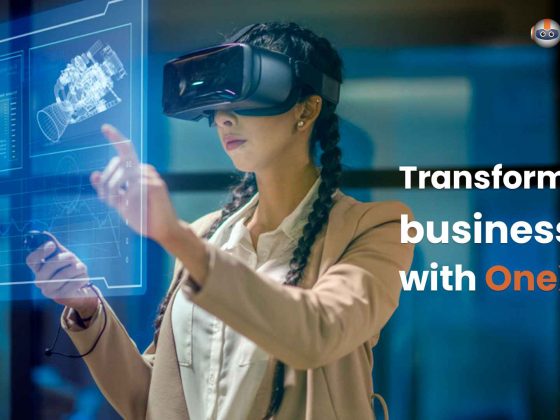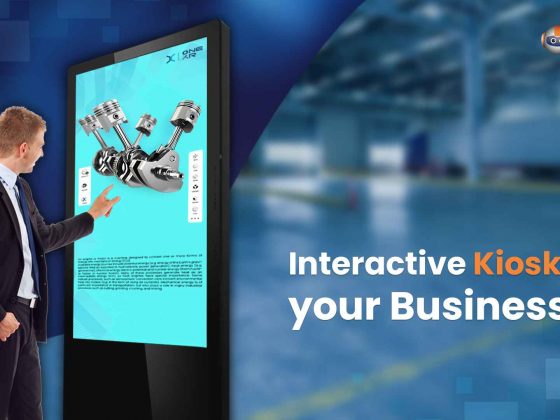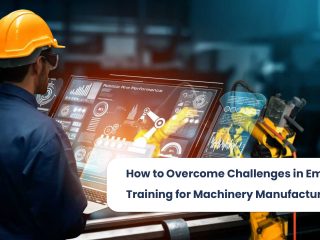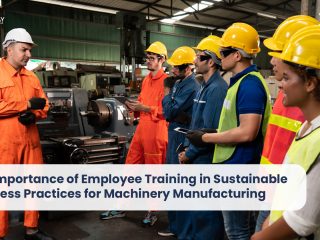In any organization, employee onboarding is critical. According to Brandon Hall Group’s research, firms that have a very good onboarding process can increase employee engagement by 82% percent. Employees receiving effective onboarding are 58% more motivated to stick with their firm for more than three years, according to the Society for Human Resource Management.
It would appear that two employees who have had a positive onboarding experience can operate as successfully as three employees who have not.
Employee onboarding challenges!
So, what exactly does “appropriate onboarding” imply? For instance, newbies find starting a new job difficult. As a result, the organization must ensure that they are at ease and are not overburdened with information.
Good administrators are expected. They are practically solely liable for the onboarding process’s success. It’s also vital to keep staff interested and ensure that they retain essential information, which isn’t always effortless.
Another challenge is the rising expectations of the employees. If newbies do not feel appropriately greeted into the organization, they are unlikely to remain long. Many people are expecting the opportunity to work from home as the job market gets more competitive and standards rise. It is hard to complete remote hiring.
Onboarding of digital employees!
Changing from physical to virtual ways is one remedy to most of the challenges we’ve discussed. Using digital and technological tools to manage or facilitate the onboarding process is referred to as digital employee onboarding. Mobile applications, internet-based training resources, and novel immersive technologies such as virtual and augmented reality are amongst these potential tools!
What are the major benefits of digital onboarding for new employees?
- An experienced employee doesn’t require a supervisor. This frees up time for the person to focus on other vital duties.
- Employee onboarding through the internet is simple and pleasant. Newcomers can go at their own pace and devote more time to individual topics if necessary.
- Because e-learning is more interesting, knowledge retention is higher. Especially if you include technology like Virtual reality and Augmented reality.
- The newbies can simply restrain themselves from the unnecessary tumult and can gain confidence just from home learning about the job!
- Avoiding unnecessary problems with delivering the projects and maintaining productive timings can be made easier!
These digital onboarding methods greatly help the manufacturing employees to gain immersive knowledge just from experiencing their homes. The employees lack nothing, but it’s a great boon to the employees to learn, grow, and interact with the machines with the AR/VR wearables.
